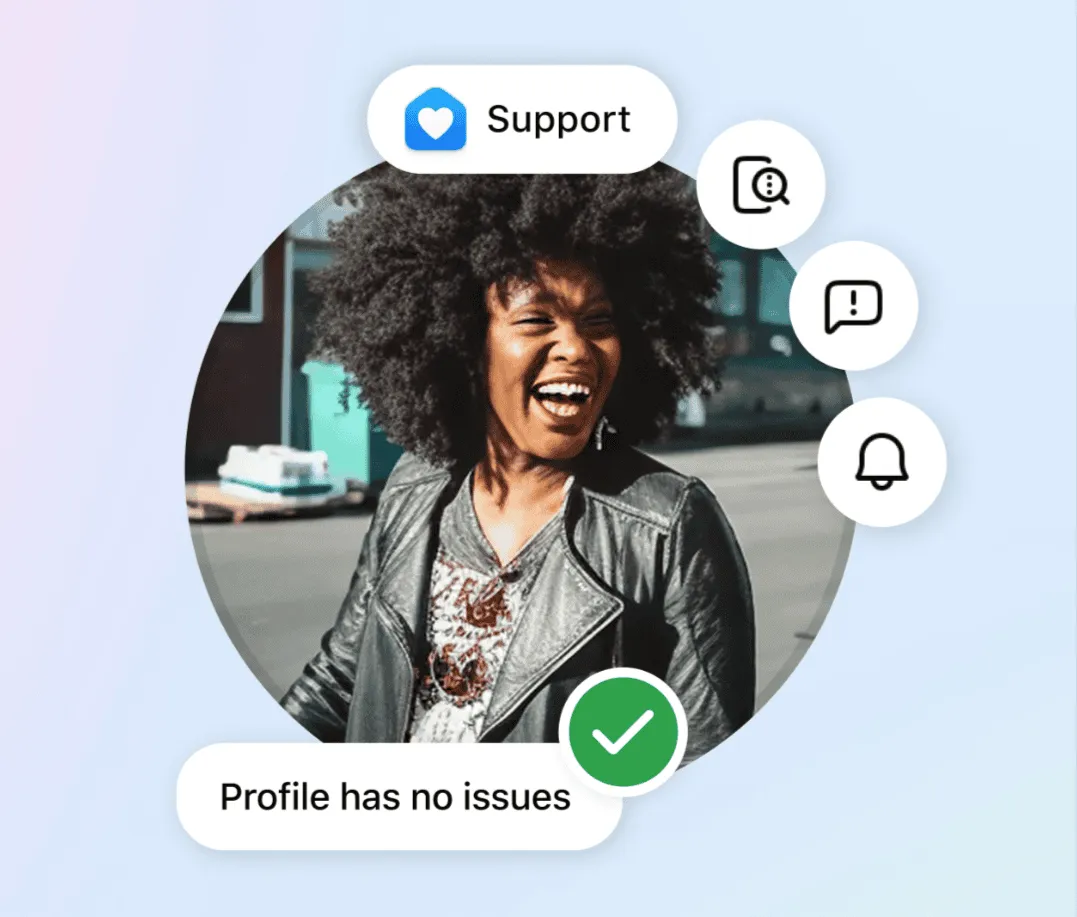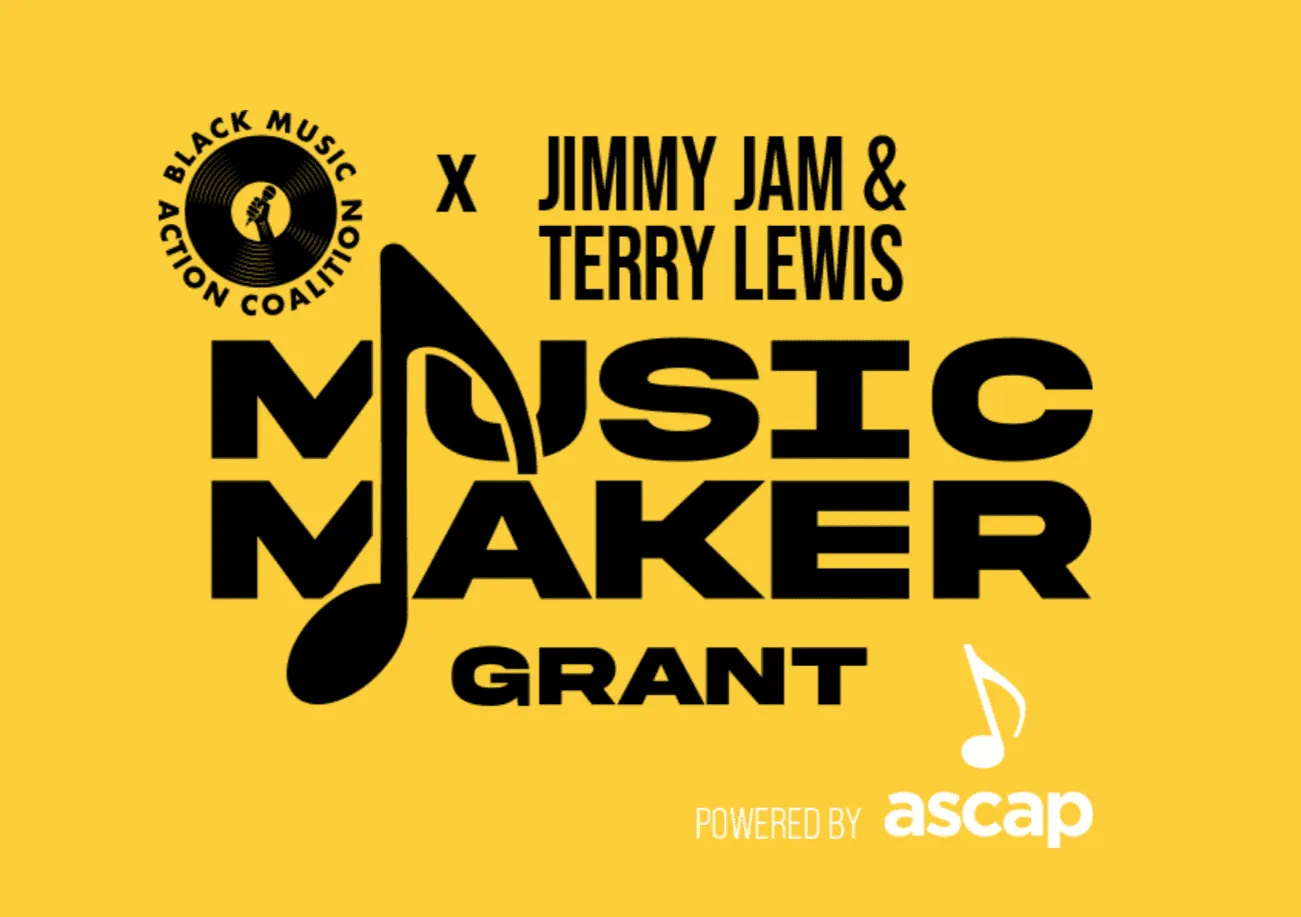
Management is where it’s at. I’m not talking about the old guard like Irving Azoff’s Frontline. He and his cohorts stopped developing new talent long ago. These mega – managers hold great power, but use it to smartly prolong careers and monetize somebody else’s luck and hard work.
That leaves a younger generation of managers to save the business. But as the head of Skyline Music, a booking agency with both established and developing acts, I can say first hand that the industry is suffering from a drought of good new managers that possess the skills needed to help artists succeed in the new music business. Read on…




